
A Sustainable Campus integrates eco-friendly practices into its design, operations, and education. It emphasizes energy efficiency, renewable energy use, waste reduction, green buildings, and environmental awareness. Such campuses aim to reduce their ecological footprint while fostering a culture of sustainability among students, faculty, and staff.
Duke Kunshan University (DKU) is a leading example of this commitment. The campus has earned LEED Gold Certification for several buildings, reflecting high standards in green design and construction. DKU has also received the 2023 Green University Award in China and the Green Campus Innovation Prize for its smart energy management system. These honors showcase DKU’s dedication to building a sustainable and forward-thinking learning environment.
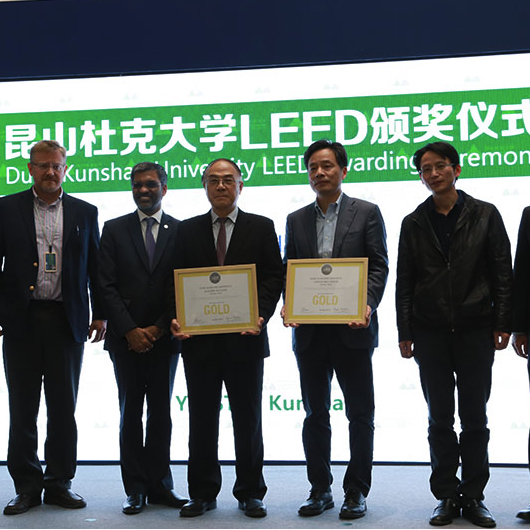 LEED Certifications
LEED Certifications Duke University’s Climate Commitment Leadership Awards
Duke University’s Climate Commitment Leadership Awards Pineapple Science Awards–Bird Protection Project
Pineapple Science Awards–Bird Protection Project World Landscape Architecture Award 2024
World Landscape Architecture Award 2024


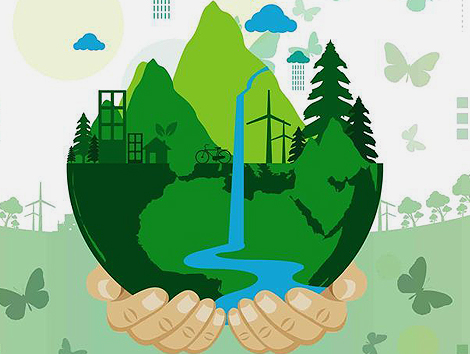

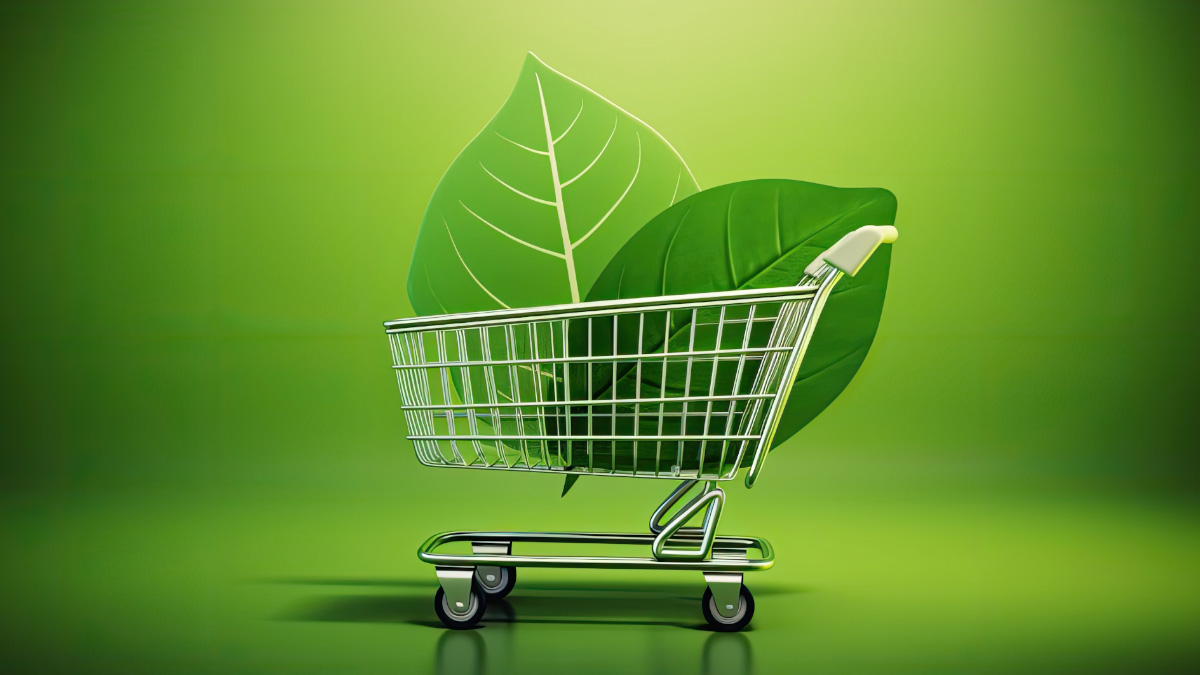




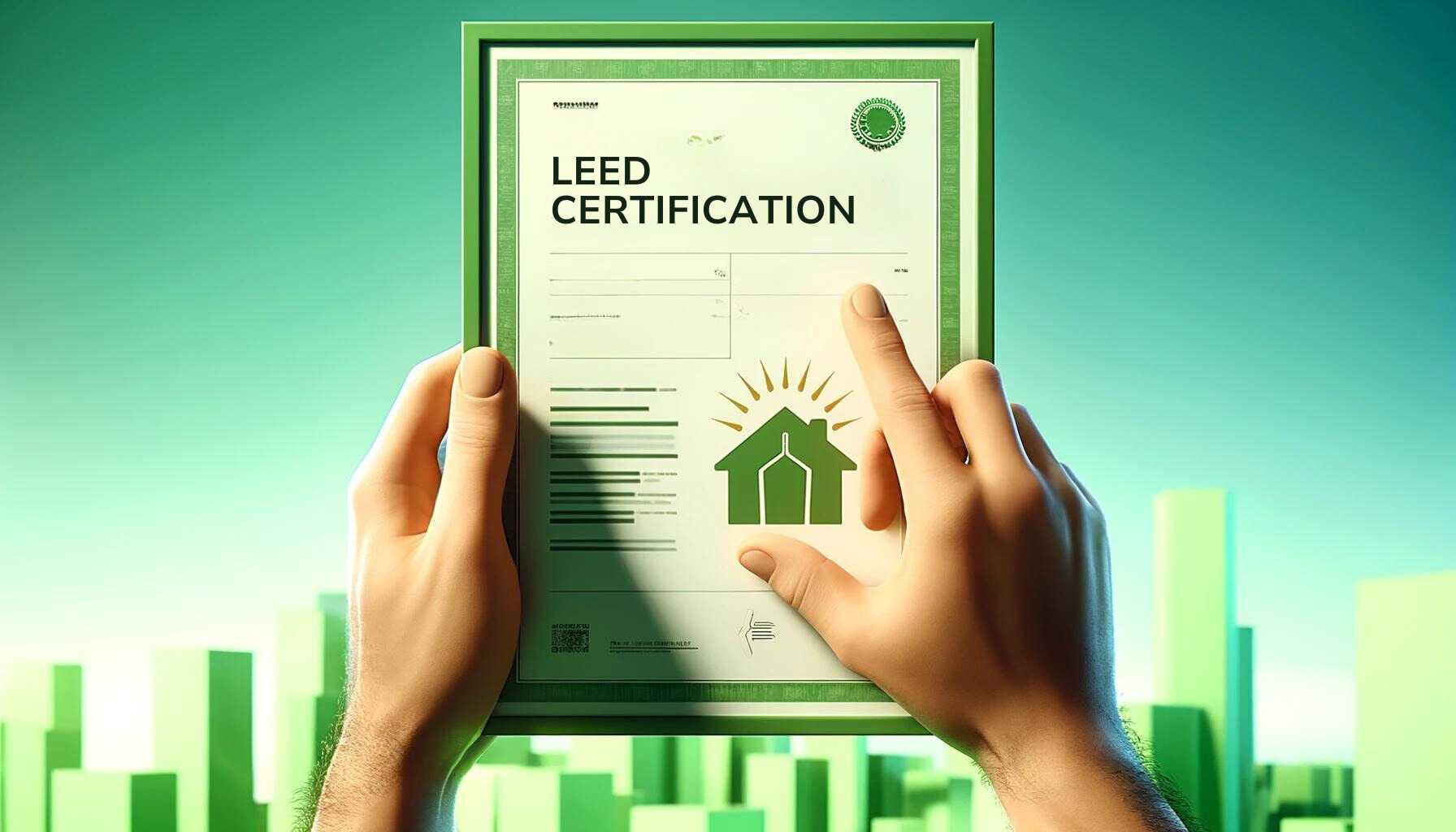

Sponge city design is an urban planning concept that enhances a city's ability to absorb, store, and reuse rainwater naturally. Through green infrastructure like permeable pavements, rain gardens, green roofs, and wetlands, sponge cities reduce flooding, improve water quality, and replenish groundwater. This eco-friendly approach helps create resilient urban environments, especially in areas prone to heavy rainfall
Sponge city design is an urban planning concept that enhances a city's ability to absorb, store, and reuse rainwater naturally. Through green infrastructure like permeable pavements, rain gardens, green roofs, and wetlands, sponge cities reduce flooding, improve water quality, and replenish groundwater. This eco-friendly approach helps create resilient urban environments, especially in areas prone to heavy rainfall.

Sustainable food refers to food that is produced, processed, and consumed in ways that are environmentally friendly, socially responsible, and economically viable. It emphasizes local sourcing, seasonal eating, organic farming, and reducing food waste. Sustainable food systems protect natural resources, support farmers’ livelihoods, and promote animal welfare, while also ensuring that future generations have access to nutritious food.
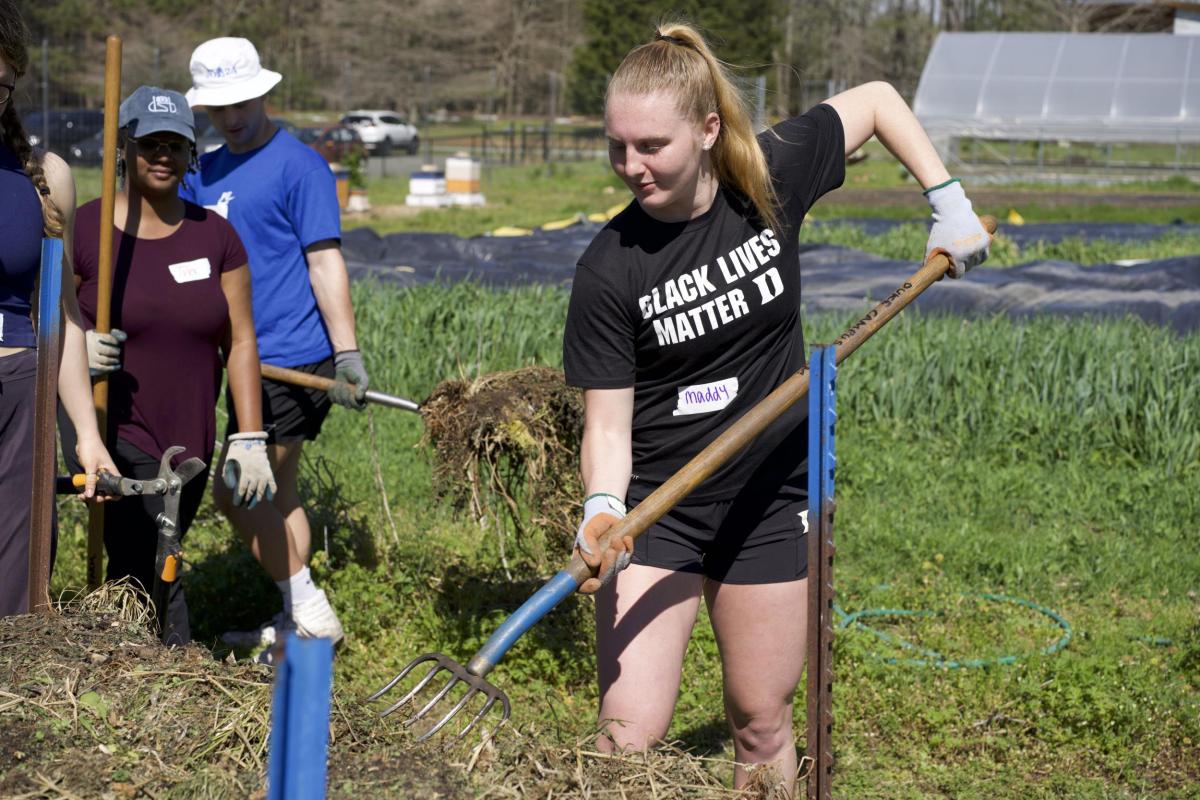
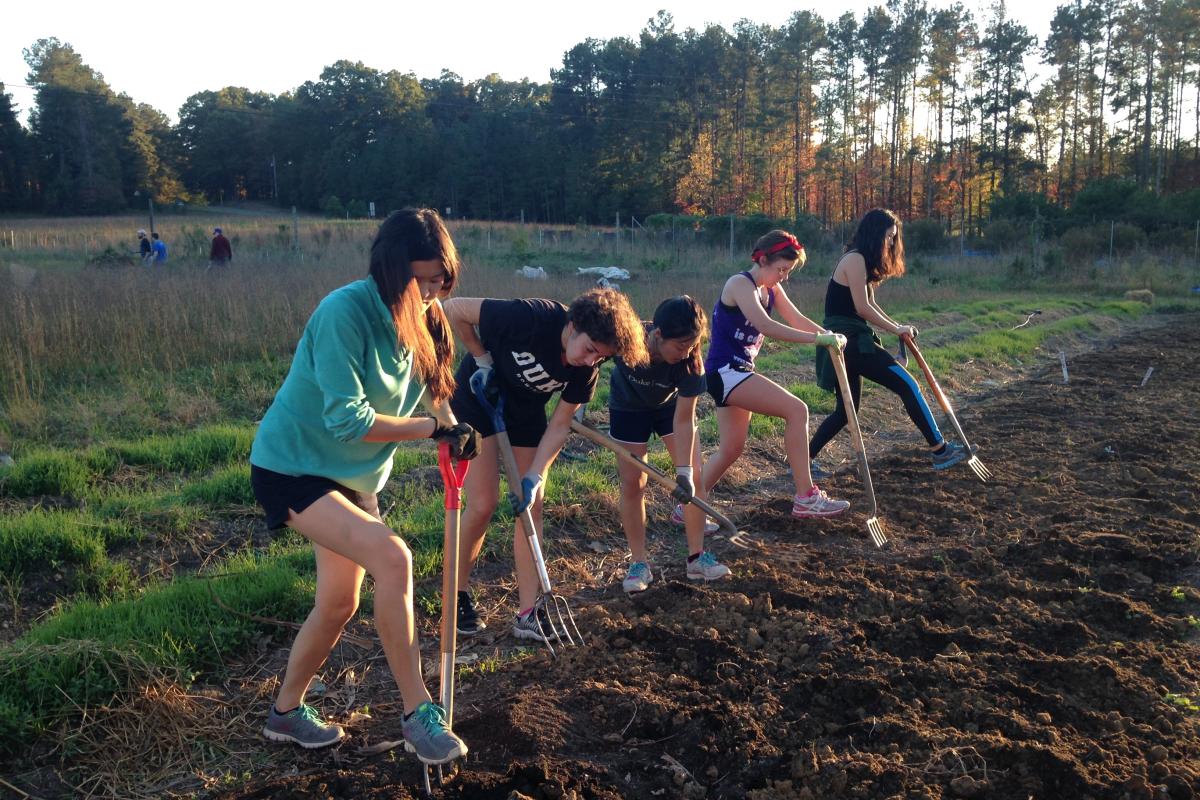


As one of three student project presentations at the DIF, this sustainability report highlighted the importance of student work within the university, as well as the importance of focusing on sustainability at the institutional level. DKU students have actively promoted sustainability via various means; for example, Sustainable DKU is a student-led initiative that promotes sustainable living, raises an educated and informed generation, and creates an international, interdisciplinary platform to solve environmental issues. Over the past few years, Sustainable DKU has organized and led in-person, hybrid, and online speaker events, workshops, competitions, and informational campaigns to promote environmental, economic, and social sustainability.
As one of three student project presentations at the DIF, this sustainability report highlighted the importance of student work within the university, as well as the importance of focusing on sustainability at the institutional level. DKU students have actively promoted sustainability via various means; for example, Sustainable DKU is a student-led initiative that promotes sustainable living, raises an educated and informed generation, and creates an international, interdisciplinary platform to solve environmental issues. Over the past few years, Sustainable DKU has organized and led in-person, hybrid, and online speaker events, workshops, competitions, and informational campaigns to promote environmental, economic, and social sustainability.

